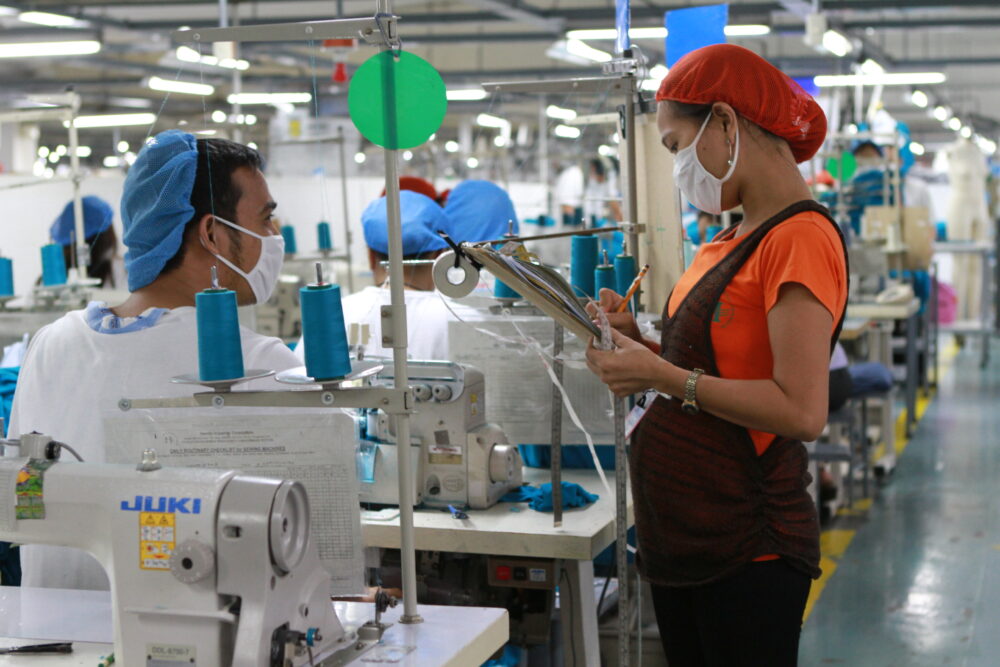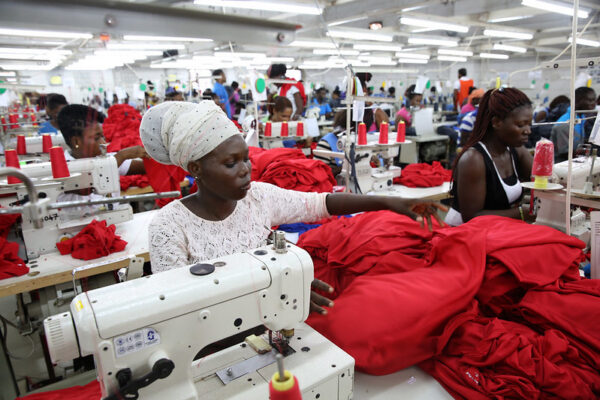“Everyone who works has the right to just favorable remuneration ensuring for himself and for his family an existence worthy of human dignity.” –Universal Declaration of Human Rights, Art. 23 Sec. 3
Proper pay is a fundamental way to acknowledge an employee’s hard work and dedication, fostering a sense of value and encouraging them to perform their duties to the best of their ability. Fair compensation allows workers to meet their basic needs, reduce financial stress, and improve their overall well-being. Worldwide Responsible Accredited Production (WRAP) advocates for ethical business practices and sustainable supply chain management globally, which is why Principle 5: Compensation and Benefits is a key pillar of WRAP’s program.
A living wage is defined as the minimum income necessary for a worker to meet their basic needs. Needs are defined to include food, housing, and other essential needs such as clothing, medical, education, entertainment. The goal of a living wage is to allow a worker to afford a basic but decent standard living through employment. Every country defines a minimum wage considering the living wage (minimum income required to guarantee a basic standard of living according to the specific living standards of each country).
WRAP seeks to uphold minimum wage standards for employees across all their certified locations. To ensure a systematic framework at their facilities, the WRAP certification program requires that employees receive fair compensation for their work, including timely payment of wages and benefits that comply with local and national laws relevant to their area. This encompasses any additional pay for overtime or holiday work, along with any other allowances or benefits, including mandatory social insurance stipulated by local regulations.
Through our training and auditing process, WRAP educates individuals in the apparel and footwear manufacturing sector on the significance of providing fair compensation and assists them in adhering to all regulations set by local laws concerning the legal benefits that workers are entitled to in various employment scenarios.
Our goal across our international operations is to identify various disparities related to workers’ wages and benefits and share best practices across regions, thereby establishing a global network of accountable supply chains. We strive to collaborate with all responsible partners in social compliance systems to ensure ethical manufacturing worldwide by guaranteeing appropriate payment for all eligible personnel.
Mahmuda Khanom serves as a Senior Auditor in Bangladesh and has been with WRAP since 2017.




